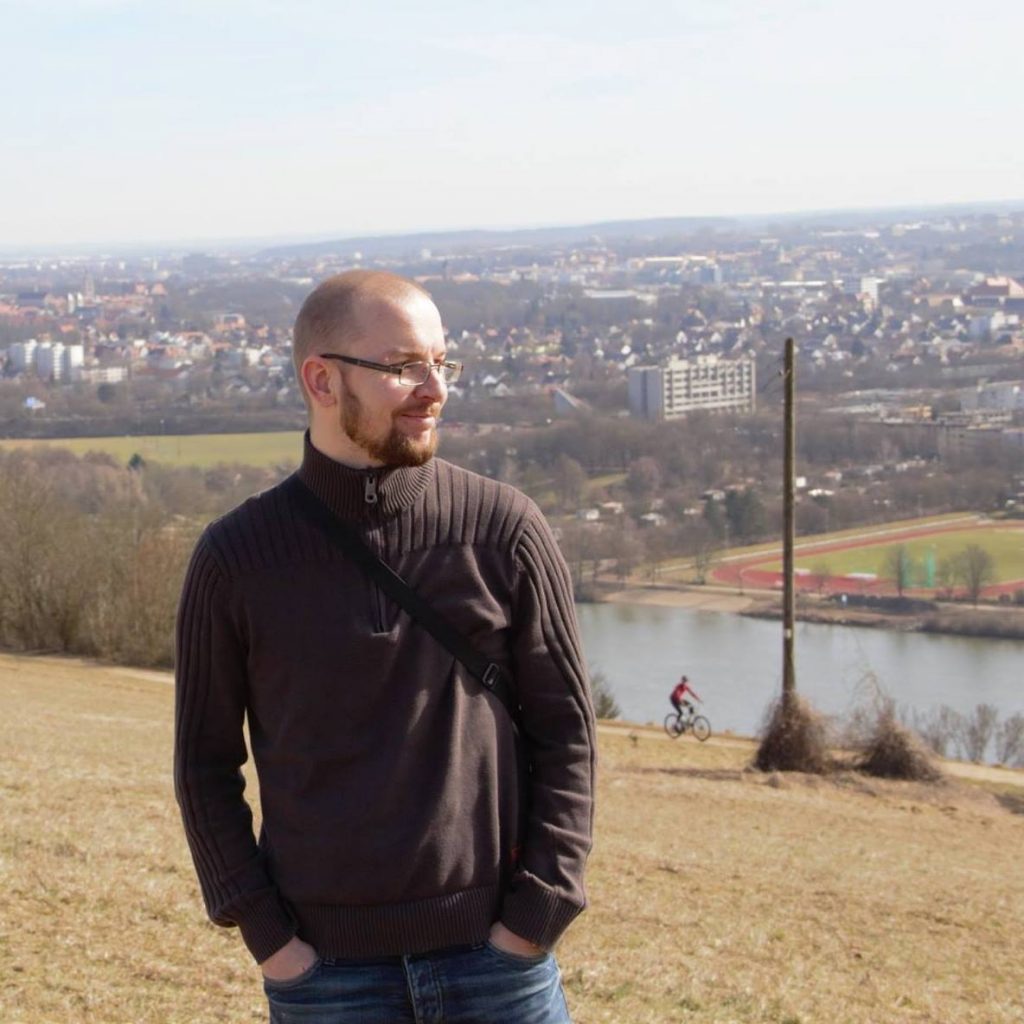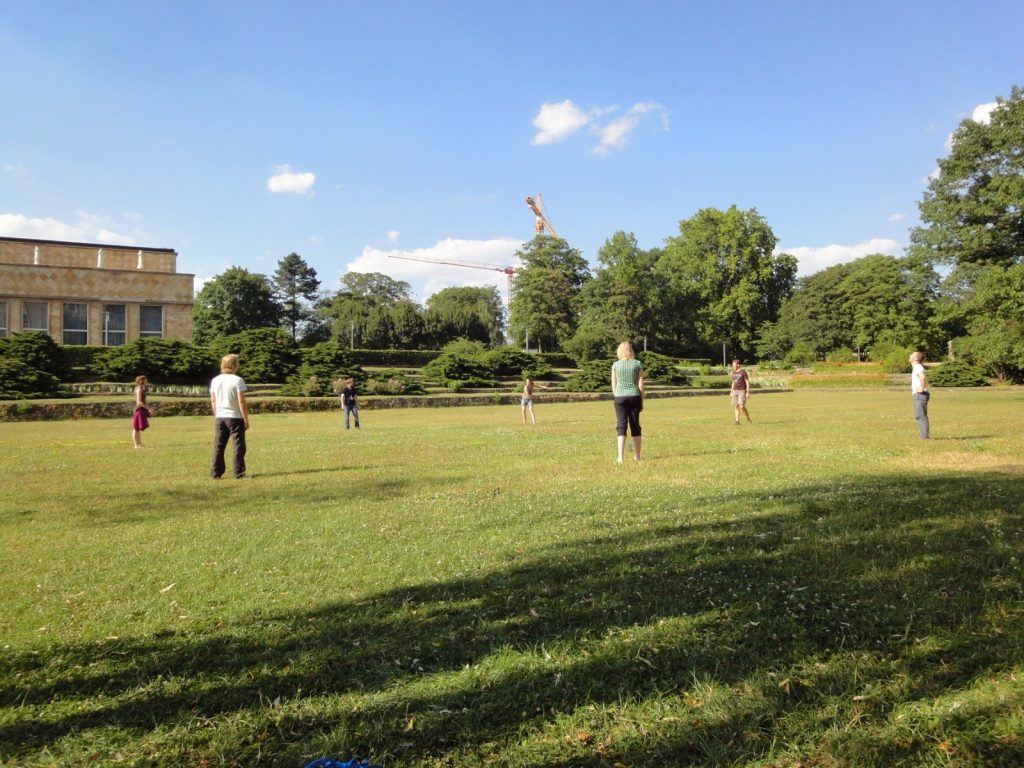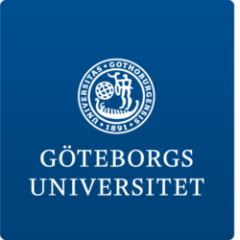
I was asked to write a blog post to introduce myself to the department’s staff. However, I found the topic (myself) thoroughly uninspiring. Therefore I decided to introduce myself in relation to internationalisation which is going to be one of my responsibilities as proprefekt.
My first professional international experience was when I was studying in teacher education (University of Turku, Finland) and I did a teaching internship in the European School Luxembourg. This experience made me for example appreciate the free and reasonably healthy school lunches the Finnish schools offer. While it may seem like a very minor thing, it has been argued to have larger societal impact in terms of equal opportunity in education. As seemingly local as primary school teachers’ job is, knowledge about other educational systems may enhance teachers’ understanding of the advantages and disadvantages of their own system. Furthermore, while classrooms are local, nowadays the student cohorts are more and more global.
After I had worked as a primary school teacher for a year, I started my doctoral studies in Turku/Åbo, Finland. Before officially enrolling into the doctoral study programme, I worked for an EU-funded project with collaborators from Finland, Germany, Italy, France, Switzerland and I’ve probably forgotten some. Once I started my PhD work, the research group (led by Roger Säljö) I was working in consisted of three nationalities, which is why our working language was predominantly English. This has led to the fact that even today I find it somewhat difficult to talk about research in Finnish. I assume both the Swedish and the Finnish research communities have similar and legitimate fears about the withering of Finnish/Swedish as languages of science. And if we consider language as a tool that perhaps shapes our thinking, it would be a shame to lose all the little peculiarities and idiosyncrasies of smaller languages. On the other hand, I think people put too much emphasis on language when one talks about internationalisation. Sure, it is important to be able to communicate, but as long as we understand each other, it does not really matter what language one uses. Therefore, I am for example more than happy to have discussions in some combination of Swedish, English and Finnish and why I try not to mind my clumsy Swedish if I need to communicate with it. The language issue is, or should be, a two-way street and people should meet each other wherever it is most convenient for all. (Or perhaps a crossroads or roundabout would be even a more appropriate metaphor. As long as it works, it’s good enough.)
I consider myself very lucky in that both of my PhD supervisors (profs. Erno Lehtinen and Roger Säljö) were extremely supportive also when it came to building international networks. I was constantly introduced to new people, funded for international courses and conferences and even ended up in the organizing committee of the JURE 2010 conference in Frankfurt, Germany. I realized only afterwards that this push for internationalisation was perhaps more intentional than I thought at the time. The contacts I’ve built during that time have had, and still have, a major impact on my professional life. After finishing my PhD I worked in Regensburg, Germany for three years before moving to Gothenburg. I had gotten to know my boss in Regensburg (prof. Hans Gruber) during his multiple visits to Turku, and my closest colleague (Helen Jossberger) there I had already worked with in the JURE organizing committee. This is why the current situation has been so unfortunate for the doctoral students who do not have the same opportunities for formal and informal meetings with international academics due to the pandemic. However, there’s a light at the end of the tunnel and I am sure our doctoral students are able to catch up whatever they have missed. As a supervisor, I will certainly do my best to facilitate this.

”Ei kannata mennä merta edemmäs kalaan.”
(Finnish proverb, “One should not go farther than the sea to fish.”)
Oddly enough, one does not have to go far to go international, as IPKL already offers lots of possibilities for internationalisation right here in Gothenburg. I for example am teaching in an international master’s programme and while running an international programme certainly has its challenges, it is also extremely interesting and rewarding to interact with students from all over the world. In terms of research, my closest colleagues here are from Canada, the UK, Russia, Egypt, Norway… and of course Sweden!
Finally, I do not consider myself cosmopolitan by nature. Nor am I someone who fits smoothly into international jet set cocktail parties and immediately feels at home in any company or context. Even so, with the right support and guided enculturation I have been able to, much to my own amazement, cultivate long-lasting and meaningful international connections that have been rewarding both professionally and personally. This, in my opinion, is in the core of IPKL’s internationalisation efforts.
- Markus Nivala
